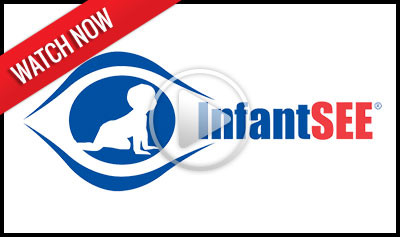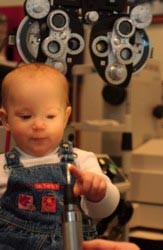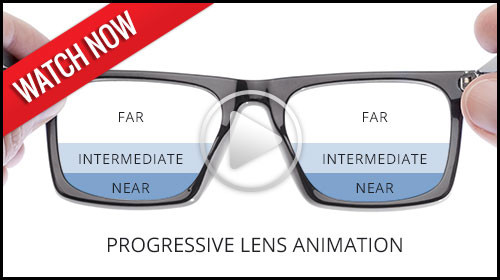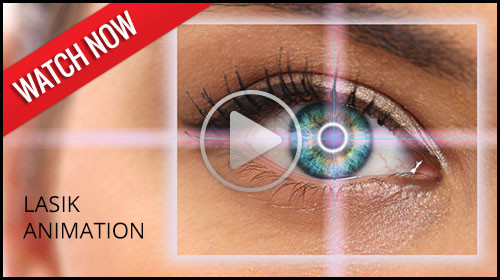Make Sure Your Baby is Seeing the Most Important Things in His World.
 "When should I schedule a comprehensive eye assessment for my baby?" The answer is simple, now. We recommend that all children have their first eye exam between the age of six through twelve months. Infant eye and vision assessments offer early detection of vision and eye health problems and are critical to a child’s development. Through the Optometry’s Charity™ - The AOA Foundation’s public health program, InfantSEE®, optometrists provide a one-time, comprehensive eye assessment to infants in their first year of life, typically between the ages of 6 and 12 months. These assessments are provided at no-cost to all families
"When should I schedule a comprehensive eye assessment for my baby?" The answer is simple, now. We recommend that all children have their first eye exam between the age of six through twelve months. Infant eye and vision assessments offer early detection of vision and eye health problems and are critical to a child’s development. Through the Optometry’s Charity™ - The AOA Foundation’s public health program, InfantSEE®, optometrists provide a one-time, comprehensive eye assessment to infants in their first year of life, typically between the ages of 6 and 12 months. These assessments are provided at no-cost to all families
It’s estimated that one in 10 children is at risk from an undiagnosed eye or vision problem that, if left untreated, can lead to difficulties later in school or even permanent vision loss. Additionally, many children at risk for eye and vision problems are not being identified at an early age, when many of those problems might be prevented or more easily corrected.
 "Many eye conditions have no visual symptoms so detection by a parent or in a well-baby check-up may be difficult," said Dr. Glen Steele, optometrist and chair of the InfantSEE® committee. "Therefore, an early comprehensive vision assessment is the best way to ensure your baby has healthy eyes and appropriate vision development — now and in the future."
"Many eye conditions have no visual symptoms so detection by a parent or in a well-baby check-up may be difficult," said Dr. Glen Steele, optometrist and chair of the InfantSEE® committee. "Therefore, an early comprehensive vision assessment is the best way to ensure your baby has healthy eyes and appropriate vision development — now and in the future."
Since infants cannot speak, optometrists perform several non-invasive tests that evaluate visual acuity, refraction, motility, alignment, binocularity and overall eye health.The good news about a trip to the optometrist is that most babies seem to enjoy the ‘games’ we use to determine whether their visual development is progressing normally and their eyes are healthy




